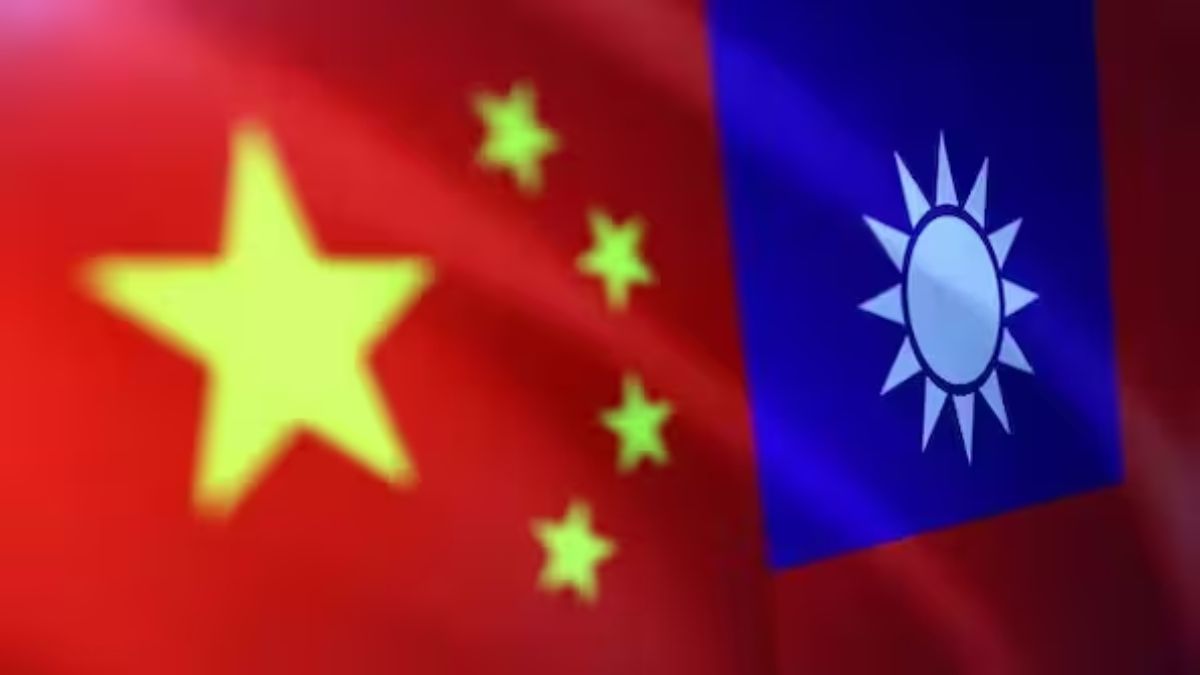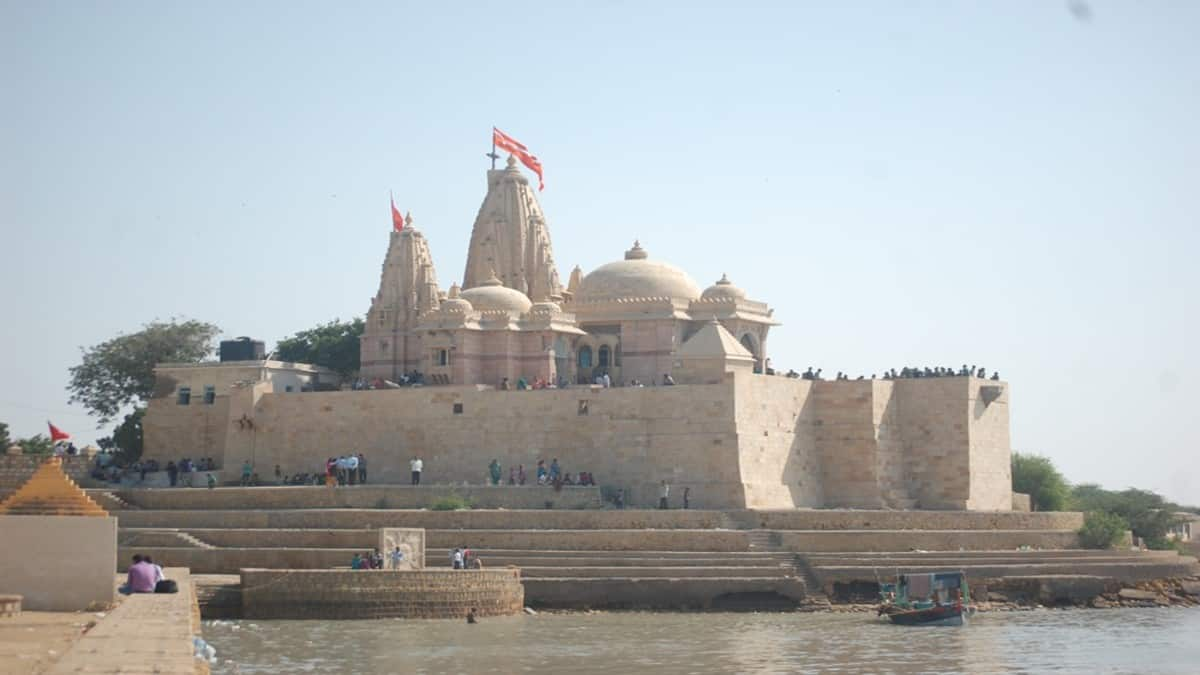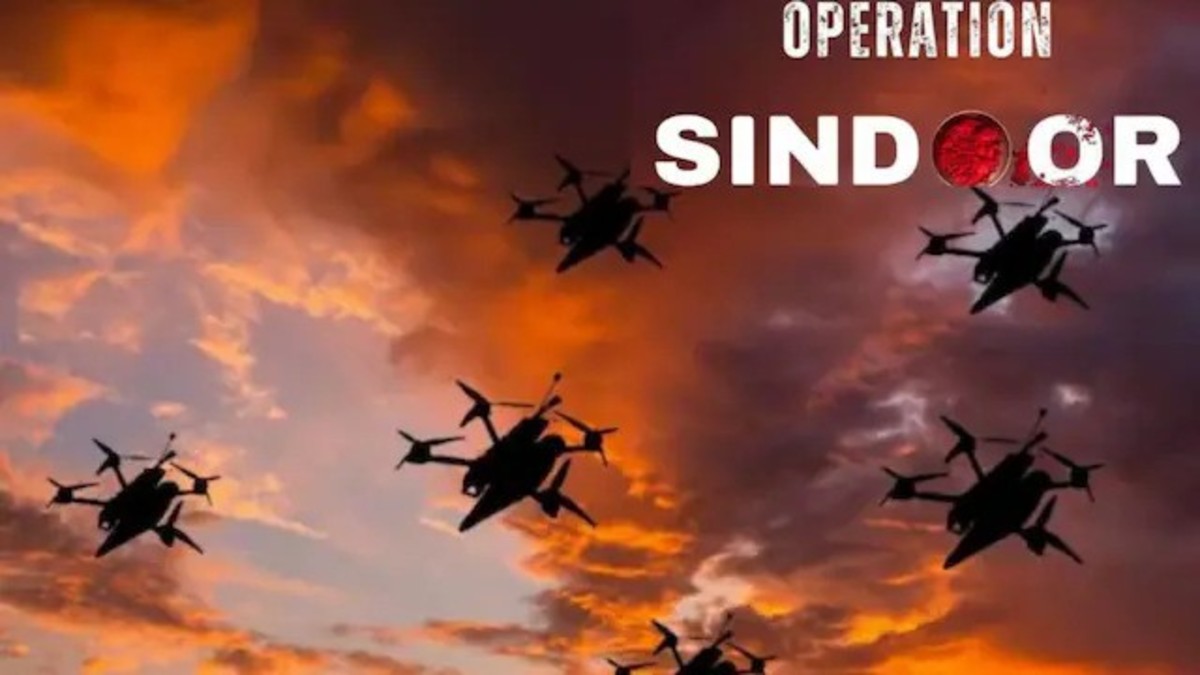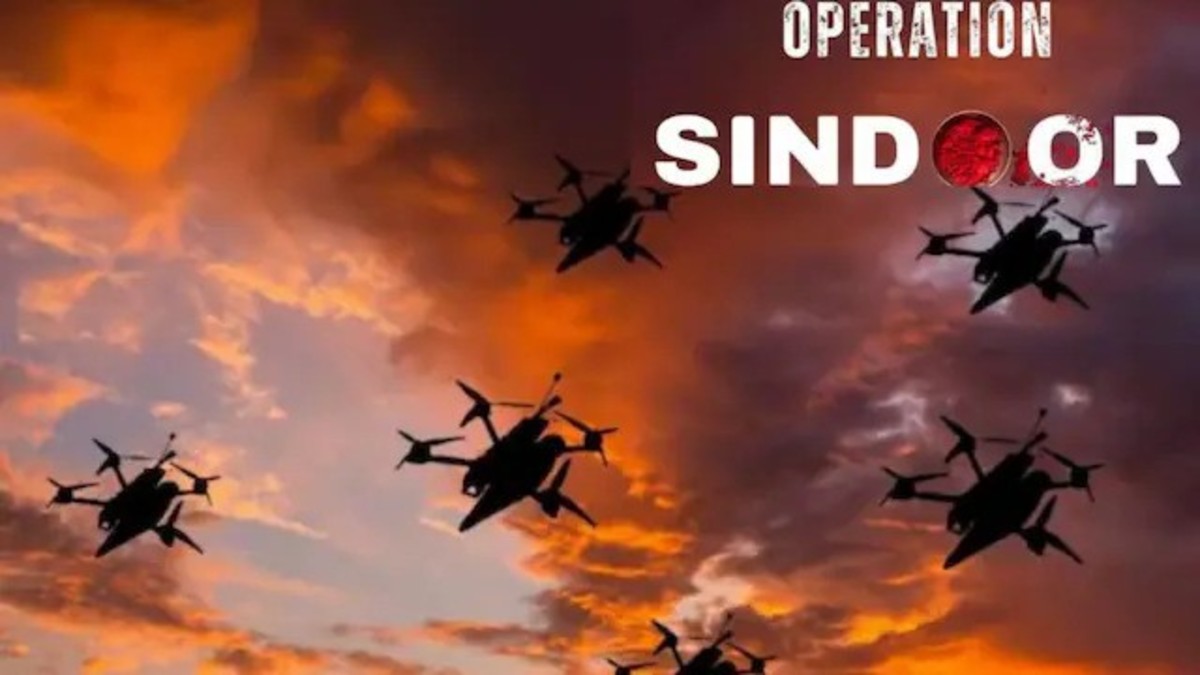On January 13 this year, Democratic Progressive Party (DPP)’s candidate Lai Ching-te won the Taiwan President election by receiving 40 per cent of the votes, while his opponents, Kuomintang (KMT)’s Hou Yu-ih won about 33 per cent and Taiwan People’s Party (TPP)’s Ko Wen-je received about 26 per cent of the votes. However, the ruling DPP lost the majority in the Legislative Yuan.
Taiwan has been conducting elections since 1996 with the participation of its 23 million citizens in the democratic process. However, the stakes for China are high now. Firstly, for the Chinese Communist Party (CCP), a free and fair election in Taiwan buttressed by a mature rule of law is a major ideological challenge and political legitimacy issue.
The CCP has been arguing that it follows an inexplicable “socialist democracy”. Theoretically, its 98 million cadres elect over 2,000 deputies to the party congress every five years, who in turn elect a 200-member Central Committee, a 25-member Politburo, and a seven-member Politburo Standing Committee. China’s 1.4 billion people thus have no role in this “democratic” process.
It had been suggested that the CCP’s policies have led to the building of a “well-off society” with higher per capita income. It did not explain why it took seven long decades of communist rule to achieve this.
The CCP had ridiculed democracies for their shoddy responses to the Covid pandemic, besides growing income inequalities. Of course, Beijing did not explain to the international community how the virus emerged in Wuhan and penalised those who questioned China’s responses, such as Australia.
The CCP also reduced Marxism to crass economism by trumpeting its economic policies. CCP’s “model”, which is now being exported abroad, is thus facing a crisis.
Quick Reads
View AllSecondly, CCP leaders have ratcheted up their rhetoric and actions to reunify Taiwan, even though an overwhelming majority of Taiwanese prefer the status quo. As China had risen, its ambitions also soared, with all-round assertive behaviour across the neighbourhood and beyond.
Taiwan was at the forefront of bearing Beijing’s brunt with live missile fire exercises across the Straits during its first elections in 1996. Intimidating military responses were also seen subsequently with “Dongshan” exercises, crossing the median line across the Straits, flying thousands of sorties with multi-role fighters and bombers, circumventing the island with aircraft carriers, or threatening to blockade the Straits. None of these deterred the Taiwan electorate.
Beijing also wooed Taiwan’s political elite and the chambers of commerce with lucrative deals in the Chinese market. On April 29, 2005, former Vice President and KMT Chairman Lien Chan visited China and met with CCP General Secretary Hu Jintao.
A decade later, Xi Jinping and Ma Ying-jeao, the leaders of two political parties, the CCP and KMT, met in Singapore on November 7, 2015. Both awkwardly greeted each other as ‘Mr Xi’ and ‘Mr Ma’, jettisoning their official titles! Former President Ma Ying-jeao recently visited China in March 2023, where he said, “We are all Chinese.” Both the CCP and KMT cobbled up the 1992 consensus, which the DPP has rejected.
Beijing also proposed an ‘Economic Cooperation Framework Agreement’ but criticised other countries’ free trade deals with Taiwan. However, a vigilant Sun Flower Movement curtailed any under-the-table deals with Beijing. China’s penchant to weaponise trade, investment, and tourism with Taiwan, as with other countries, was stoutly resisted by the Taiwanese youth.
Thirdly, the Taiwan elections are a test case for Beijing in pushing its “one country, two systems” policy, first suggested in the 1970s for Taiwan but eventually applied to Hong Kong and Macao, even though the people in these former colonies were never consulted about their future set-up.
China implemented the National Security Law in June 2021 and revamped its provisions to intensify “one country” rather than the “two systems” that it promised.
Thousands were incarcerated with no proper trial. Hong Kong candidates for public posts are vetted by Beijing, thus reducing further any democratic aspirations or accountability to the public. Beijing clearly sent a signal that the 6 million Hong Kong citizens cannot exercise their free will. Taiwan has expressed its solidarity with the democratic rights movement in Hong Kong that Beijing frowns upon.
Fourthly, the CCP curtails international space for Taiwan through its One China policy and “chequebook” diplomacy. During the 1990s, under President Lee Teng-hui, Taiwan had diplomatic relations with as many as 30 countries. Now only 11 countries recognise Taiwan, with Nauru shifting diplomatic relations from Taipei to Beijing two days after the presidential elections in Taiwan. Of course, Taipei decided to have quality relations with the outside world and currently has 59 offices abroad. A total of 172 countries and territories accord visa-free, landing visa, or e-visa privileges to Taiwan passport holders.
Fifthly, Beijing has to contend with the US on Taiwan elections and other strategic issues. In the first ever elections in Taiwan, when China launched missiles to intimidate the electorate, the US mobilised two aircraft carriers into the Straits.
While the US stated that it does not support the independence of Taiwan, President Biden has spoken many times of involving in cross-Strait relations in the case of China’s invasion, thus moving away from the decades-old “strategic ambiguity” policy.
In recent times, it has sent military officials to observe the situation in Taiwan, sold arms of a “defensive nature” to Taipei, and even reportedly positioned Green Berets troops on the offshore island of Kinmen for training purposes.
Thus, China deployed several toolkits in its armoury to influence the Taiwan electorate, but in vain. Beijing’s strategic, military, political, and economic efforts to subjugate Taipei have only boomeranged so far with a vigilant electorate.
The author is Professor in Chinese Studies at JNU. Views expressed in the above piece are personal and solely those of the author. They do not necessarily reflect Firstpost’s views.


)

)
)
)
)
)
)
)
)



